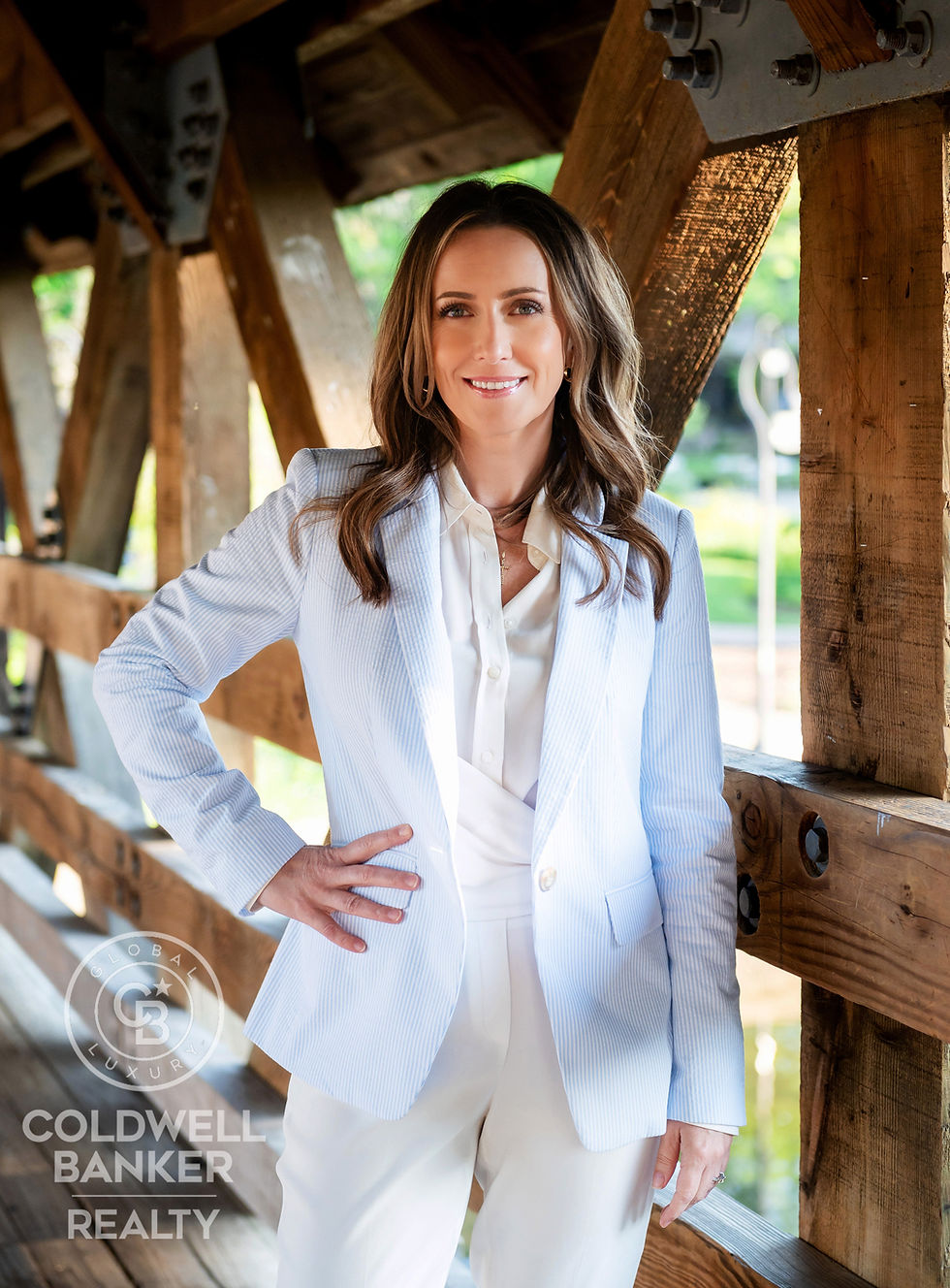FAMILY TIME | Parenting Post-Pandemic: What Chicagoland Parents Need to Know
- Glancer Magazine

- May 2, 2022
- 3 min read

by Leah D. Setzen,
Partner at Grunyk Family Law
The COVID-19 global pandemic ushered in unprecedented changes to almost every facet of society. Separated and divorce parents faced novel issues that could not be simply answered by past court orders. Who stays with the children for remote learning? What happens to parenting time if a parent or a child was exposed to the virus? How do parents resolve disagreements about vaccinations once the children are eligible?
As panic evolved into action and resolution, so too have parents and their attorneys in crafting agreements that reflect modern-day concerns about pandemics and the issues related to global health crises. What is now needed in parenting agreements for divorcing or separating parents is clear guidance on the complex issues that arise when school attendance is an uncertainty, both parents work and the threat of the spread of illness creates barriers for the exercise of normal parenting time and disagreements on how to handle healthcare decisions for the children.
Parents who want to preempt disagreements on these issues ought to make sure that their parenting agreements contain clear directives on all major issues involving their children. In Illinois, parents need to address what is called allocation of parental responsibilities. This means parents determine each of their roles in decision-making over four specific areas of their children’s lives: education, healthcare, extracurricular activities and religion. Pandemic-related issues touch upon almost all these areas, as well as parenting time.
For education, parents should formulate a plan ahead of time for remote learning and other issues involving their children’s education in the event of future shutdowns—not just in the event of a pandemic, but also, for example, in the event a heavy snow turns into remote learning or a closure of a childcare facility.

The parenting schedule should indicate who is responsible for remote learning days, or days when a child cannot attend childcare. Or which parent needs to pick up a child from school or childcare due to illness. Is it the parent who has parenting time that day? Perhaps one parent is always responsible, due to the other parent’s work schedule. In such situations, the school or childcare should also be made aware of the procedure so that the correct parent is called when the need arises.
What about the decision to place a child in private school or care due to school shutdowns or other pandemic-related reasons—which parent gets to decide, or do the parents have to jointly agree on private school? And how do parents deal with the additional costs associated with private education? These provisions can be included in a parenting agreement so that one parent does not make a unilateral decision and leave the other parent with no dispute resolution options, in the event of a disagreement.
In terms of healthcare, if the parents can agree in advance on vaccinations for their children (not just for COVID-19, but for all vaccinations available to be administered), then that language should be included in their parenting agreement to avoid future disputes. So, too, should language as to what happens if a child or a parent is ill or has been exposed to a contagious illness.
For example, if a child learns he or she has been exposed while with one parent, does the child stay with that parent and miss parenting time with the other parent? Or, does the other parent continue to exercise parenting time and accept the child who has been exposed? If parenting time is missed due to illness, is there make-up time? What are the details of that make-up time? It is important to address these issues in advance, before tensions arise that could create conflict.
Even a topic as seemingly benign as travel with children can become a source of strife in the event of a pandemic. Some parents may not want the other parent to stray away from home when there is a surge in COVID cases and may want to be able to have a say in the other parent’s travel plans. Other parents may feel like it is their right to make travel decisions that they believe are in their children’s best interests, without the other parent’s input or ability to veto a planned trip.
Parents would do well to consider well before a health issue or virus-related crisis arises how to resolve the attendant issues with the other parent. The more detailed the parents’ agreement to proactively decide these matters, the better for the entire family. Just as with our society at large, when pandemic-related issues arise again in the future, well-prepared parents will be well-equipped to rely upon their detailed parenting agreements to take calm, considered action.

ABOUT THE WRITER
Leah D. Setzen is a writer, community
activist and award-winning family law
attorney at Grunyk Family Law, in
Naperville. Connect with Leah at



































































































